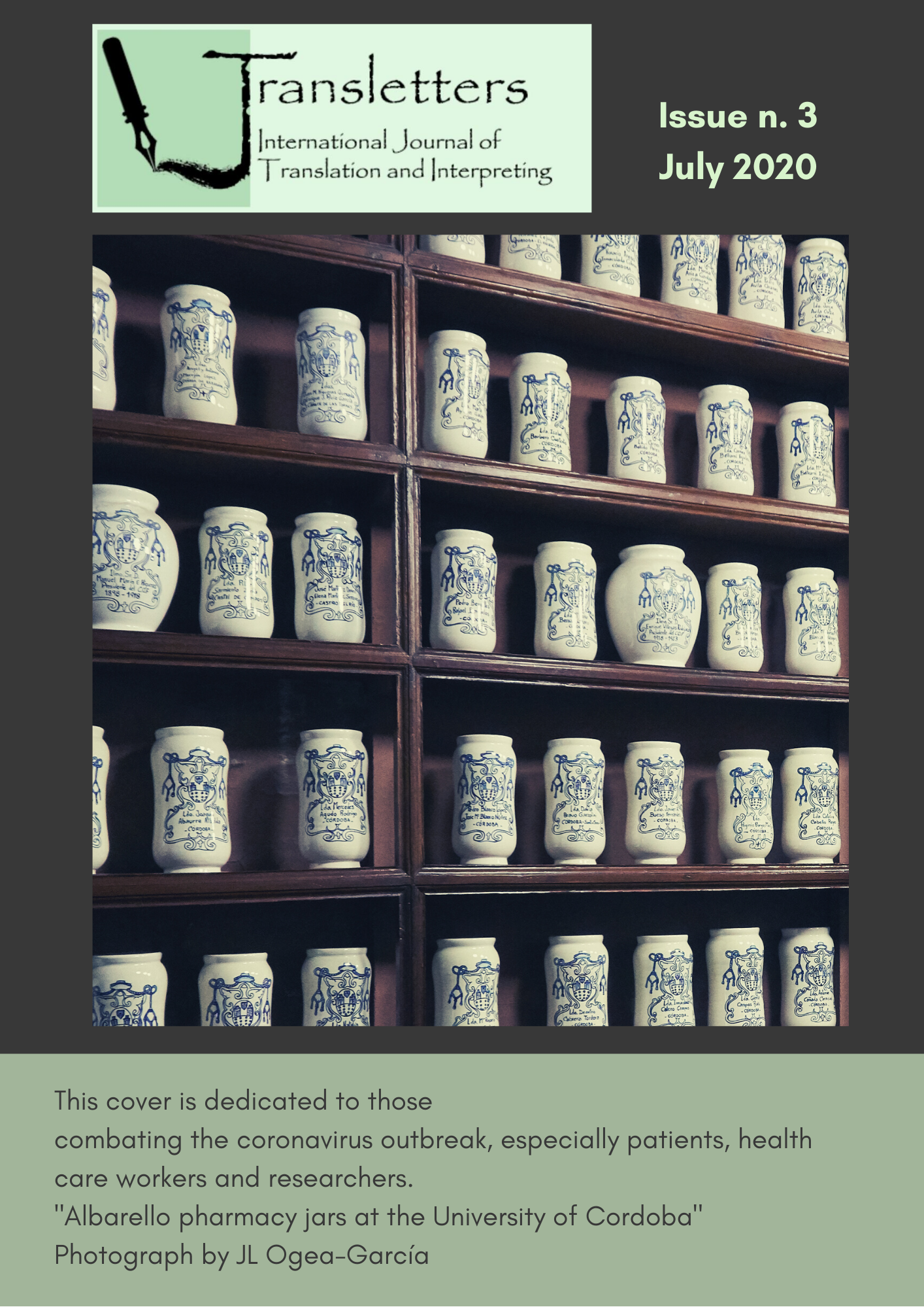Translation Equivalence Theory Meets Cultural Linguistics A Cultural Conceptual Model of Equivalence
Main Article Content
Abstract
The present research explores a cutting-edge multidisciplinary field of enquiry, Cultural Linguistics implications for the long-lasting problem of equivalence in translation theory, and focuses on rendering cultural conceptualisations underlying lexical items in translation, for the first time. We undertake this investigation by expanding on the recently-developed analytical framework of Cultural Linguistics that categorises utterances according to their underlying conceptual structures. These conceptual structures are described as comprising either cultural schemas, cultural metaphors or cultural categories. The study starts by stating the aims and objectives of the research, at first. Second, it focuses on a brief literature review. Third, it explains the theoretical background, and then the methodology of the study. Forth, it moves towards an in-depth analysis of underlying cultural conceptualisations in translation and demonstrates a crucial role Cultural Linguistics plays in the core model of equivalence. The analysis of the data indicates that neither the “sense” nor the “form” if translated, can render necessarily the underlying cultural conceptualisations associated with a particular lexical item. The study discusses that this necessitates paying closer attention to the conceptual aspects of translation in the core model of equivalence, especially conceptual dimensions that are culturally constructed. The study moves further and proposes a new model of equivalence namely: ‘Cultural Conceptual Model of Equivalence,’ which is capable of capturing, unpacking, and analysing cultural conceptualisations underlying lexical items in the source text, and deconstructing them into the new linguistic reality of the target text, for the first time, in translation academic history in this particular focus of the cutting-edge field of enquiry, Cultural Linguistics.
Downloads
Article Details
Suggested policy for journals that offer open access
Authors who publish with this journal agree to the following terms:
1. Authors retain copyright and grant the journal the right of first publication with the work simultaneously licensed under a Creative Commons Attribution License, which allows others to share the work with an acknowledgement of authorship of the work and initial publication in this journal.
2. Authors may enter into additional contractual arrangements for non-exclusive distribution of the published version of the paper in the journal (e.g., submission to an institutional repository), with an acknowledgement of its initial publication in this journal.
3. Authors are allowed and encouraged to publish their work prior to the final version published in this journal once accepted (e.g., in institutional repositories or on their website), as it can lead to productive exchanges, as well as earlier and higher citation of the published work (see The Open Access Effect).

